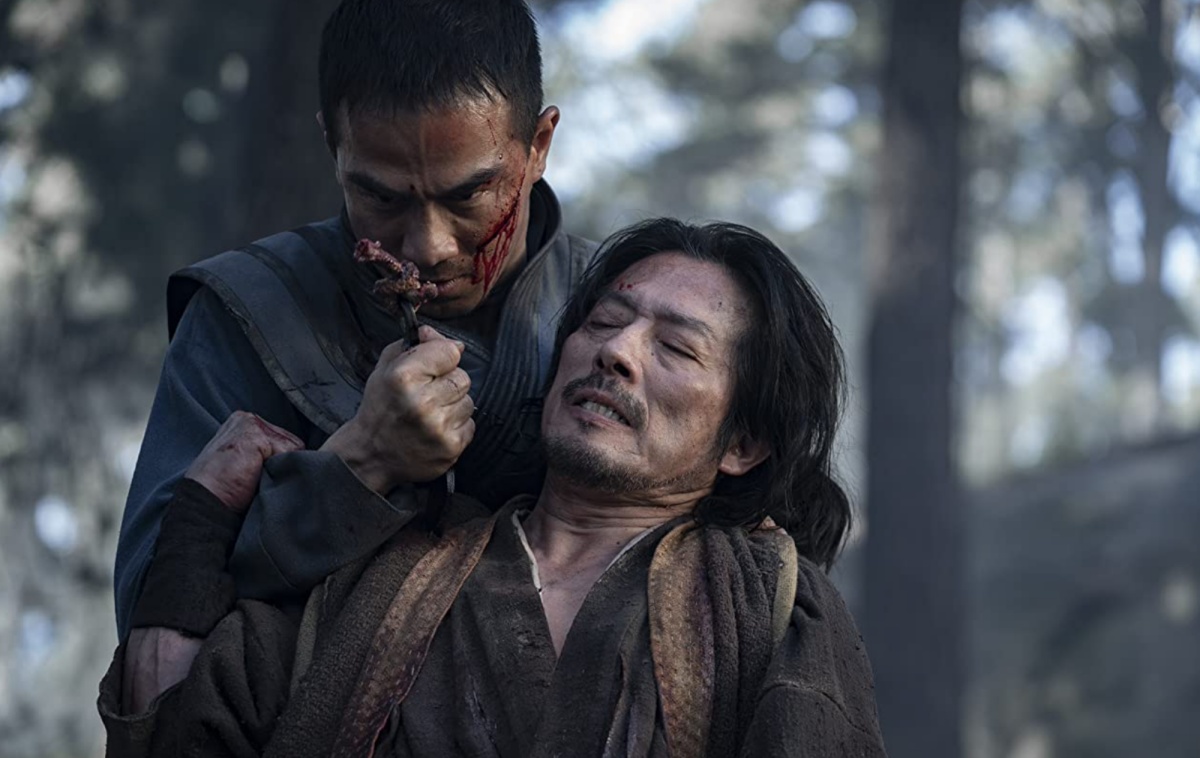The Soft Power of Mortal Kombat’s Diverse Cast


Mortal Kombat will arrive in theaters and HBO Max on April 23, reviving a franchise on the big screen that has been a huge part of pop culture. As a fan of the series as games who has been following it for some time, the part that has really attracted me to this adaptation is that it is a cast of predominantly Asian people, and that it puts the BIPOC characters in the games front and center in a way that hasn’t been done before.
Growing up playing the games, it was always clear to me that the characters of the series were a mix of races. Yet, that did not stop the 1995 film from casting white actors as Asian characters, or the fandom from huffing and puffing that it didn’t matter. Well, it does matter.
A lot of Asian lore and culture has been used in pop culture only to have Asian characters and people tokenized and excluded from actually having a seat at the table when it comes to adapting said lore. The decision to (finally) have Raiden be portrayed by an Asian actor was something that really put the entire production together for me because it would have been easy to put a big-name white actor, or a racially ambiguous one, in that role and call it a day. Instead, director Simon McQuoid has stuck to wanting this movie to be bigger than just a star. If Godzilla vs. Kong has taught us anything, it is that human actors mean very little.
For the BIPOC actors involved, they are aware of the opportunity to give good representation this film has presented.
Actor Ludi Lin was familiar with the games. “It’s a very cherished part of my childhood, and I’m very glad to pay respects and homage to that, those memories,” Lin told me in an interview. “And also the movie [the 1995 film was] really was very inspiring. I think it either consciously or not, I put a lot of hope in, Asian actors that they can actually stand up and be the lead and be the hero of the story and be the hero of your own story, which every individual should be able to do.”
Lewis Tan and Mechad Brooks also spoke on what it meant to be able to play these heroes and lead in a story like this—a question that shouldn’t still need to be asked, but sadly often does. “It feels fucking amazing,” Tan said. “It feels like this is something that has been a long time coming. And this is something that, you know, has, especially with today’s climate and what’s happening nowadays.”
“Hollywood has had a hand in ostracizing and otherizing and exotifying Asian actors and Black actors and people of color,” Brooks said. “Putting them in these exotic or other otherized positions and we have to stop that. We just have to stop that. We deserve coming-of-age stories. We deserve to be heroes in movies. We deserve to save the world. We have in real life. So let’s tell those stories. It’s time.”
Damn right it is.
Earlier this week, the trailer for Marvel’s Shang Chi came out, and Iron Fist was trending at the same time. Even when celebrating the success of Marvel’s first Asian superhero on the big screen, the shadow of missed opportunities is there. Hollywood and media in general has been shown time and time again that BIPOC actors can lead a series, but still, the pressure is on for them to be in the backseat.
With Mortal Kombat also being released on HBO Max, I think it’ll give even more opportunities to check this film out, especially for those who may have been unsure or hadn’t heard of the franchise. This means even more people will be able to see Lewis Tan, Ludi Lin, Mehcad Brooks, Hiroyuki Sanada, and so many others as heroes, villains, and just some of the greatest fighters on Earthrealm.
Mortal Kombat doesn’t just adapt one of the most popular fighting games of all time; it puts BIPOC actors as the heroes, villains, and stars of a franchise.
Flawless victory.
(image: Warner Bros.)
Want more stories like this? Become a subscriber and support the site!
—The Mary Sue has a strict comment policy that forbids, but is not limited to, personal insults toward anyone, hate speech, and trolling.—
Have a tip we should know? [email protected]
